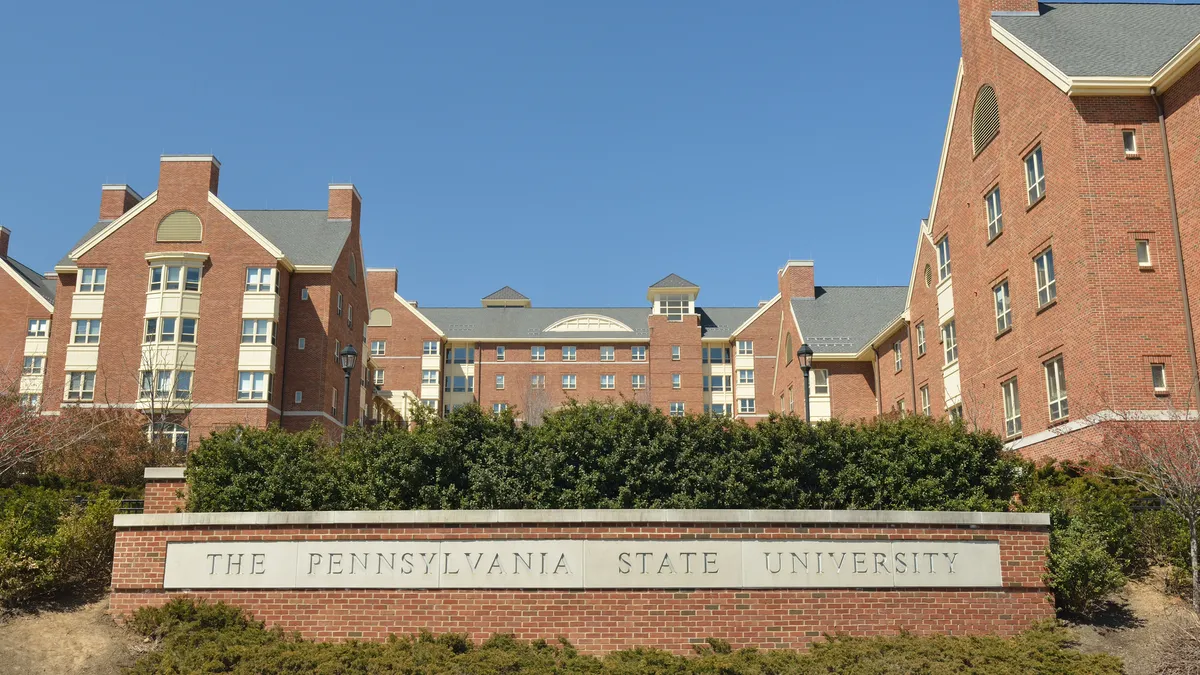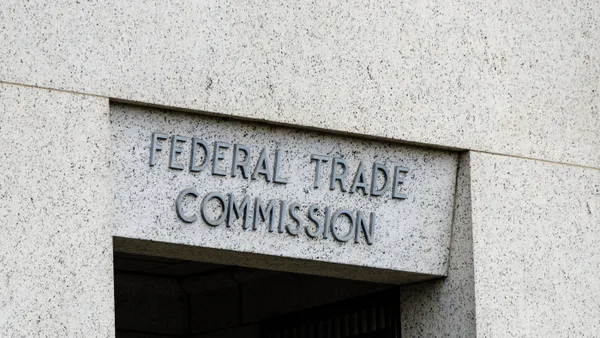Dive Brief:
- Legislation that would allow certified public accountants to obtain a license with just 120 college credit hours — rather than the current 150 credit hours — was moved to the Minnesota Senate Finance Committee last week, according to a post Friday on the Minnesota Society of Certified Public Accountants website.
- The bill, which advanced in the state Senate based on a voice vote by the State and Local Government and Veterans Committee, would allow for a candidate to obtain a CPA license with just four years of college rather than five, as long as they also log at least two years of “acceptable” accounting experience and pass the CPA exam. As currently written it would go into effect July 1, 2026.
- The Minnesota House has not taken up the companion bill and it’s not clear if the bill will pass before the state legislature adjourns in May, MNCPA spokesperson Corey Butler wrote in an email Monday. “This was just the first step,” he said, noting that the bill will need to move forward in the next few weeks if “it’s going to see action this year.”
Dive Insight:
The Minnesota bill that would change the state’s CPA licensing laws and allow aspiring finance professionals to avoid a fifth year of college is controversial. Some in the accounting industry are seizing on the reduced credit requirement as a way to help reverse a decline in the number of students opting to join the profession.
The bill was written by State Sen. Jordan Rasmusson, a Republican, and co-signed by Senate Majority Leader Erin Murphy and Sens. Ann Rest and Zaynab Mohamed, all Democrats. The companion bill is House File 1749.
While maintaining the current 150-hour credit rule, it offers an additional path to licensing with a bachelor’s degree and two years of work experience. The 120 hours is the same requirement that Minnesota and many other states had until there was a national push in recent decades for all states to raise the number of credit hours required for CPA accreditation.
Some critics say they are concerned that a patchwork licensing system differing across states would impede accountants who want to work in more than one state, while others believe reduced credit hours may undermine the preparedness of new accountants.
But in New Jersey less than 10% of NJCPA members surveyed reported seeing accounting graduates with an extra 30 hours of college credit as “noticeably” better prepared.












